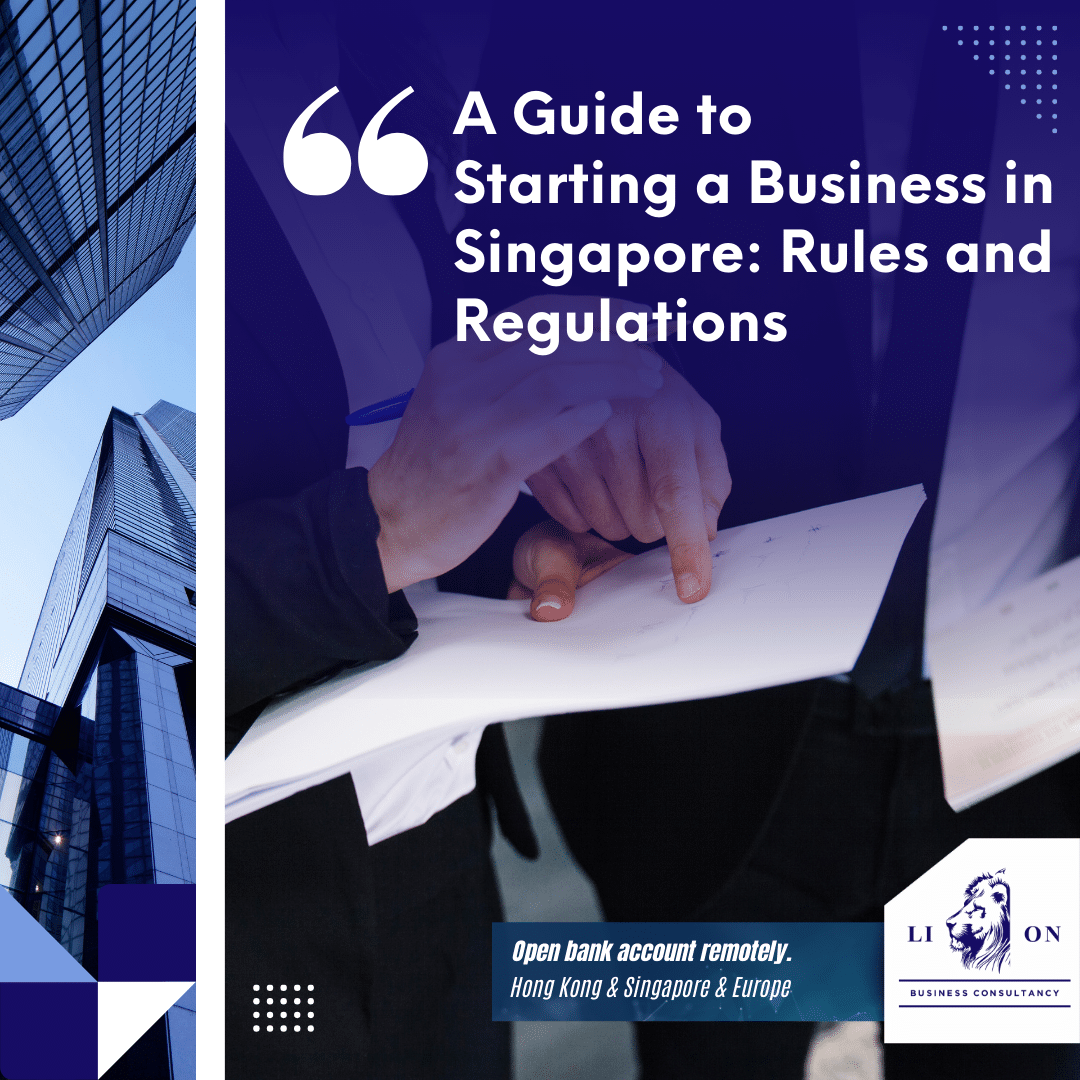Singapore, renowned for its vibrant economy and business-friendly environment, has become a hotspot for entrepreneurs looking to establish and grow their ventures. If you’re considering starting a business in Singapore, it’s crucial to understand the rules and regulations governing the process. This guide will walk you through the essential steps and compliance requirements to ensure a smooth business setup.
1. Choose a Business Structure
Before diving into the intricacies of the Singapore business landscape, you must decide on the most suitable business structure for your venture. Common structures include Sole Proprietorship, Partnership, Limited Liability Partnership (LLP), and Private Limited Company (Pte Ltd). Each structure has its own set of advantages and legal implications, so choose one that aligns with your business goals.
2. Register Your Business
Once you’ve chosen a business structure, the next step is to register your business with the Accounting and Corporate Regulatory Authority (ACRA). This is a straightforward process that involves submitting the necessary documents, such as your business name, details of shareholders and directors, and the company’s constitution (for Pte Ltd). The registration can be done online through the ACRA website.
3. Obtain Necessary Licenses and Permits
Certain business activities in Singapore require specific licenses or permits. Depending on your industry, you may need approvals from regulatory bodies. For example, businesses in finance, healthcare, and food services often have additional licensing requirements. Check with the relevant authorities to ensure compliance and avoid legal issues down the line.
4. Understand Tax Obligations
Singapore offers an attractive tax environment, but businesses are still subject to certain tax obligations. Familiarize yourself with the Goods and Services Tax (GST) and Corporate Income Tax requirements. Register for GST if your annual turnover exceeds a certain threshold, and ensure timely filing of tax returns to avoid penalties.
5. Open a Business Bank Account
Separate your personal and business finances by opening a business bank account in Singapore. Most banks in the country offer business banking services, and having a dedicated account streamlines financial transactions and ensures better organization.
6. Hire Employees in Compliance with Employment Laws
If your business involves hiring employees, be aware of Singapore’s employment laws. Familiarize yourself with regulations related to employment contracts, working hours, leave entitlements, and employee rights. Complying with these laws is essential to maintaining a positive working environment and avoiding legal disputes.
7. Implement Workplace Safety Measures
Safety in the workplace is a priority in Singapore. Depending on your industry, you may need to adhere to specific safety regulations. Ensure that your business premises comply with safety standards, and implement necessary measures to protect your employees and customers.
Starting a business in Singapore offers numerous opportunities, but it’s crucial to navigate the regulatory landscape diligently. By understanding and adhering to the rules outlined by government agencies, you’ll set the foundation for a successful and compliant business venture. If in doubt, seek professional advice to ensure that your business operations align with Singapore’s legal requirements.
Remember, staying informed and proactive is key to running a successful and legally sound business in Singapore. Good luck on your entrepreneurial journey!

